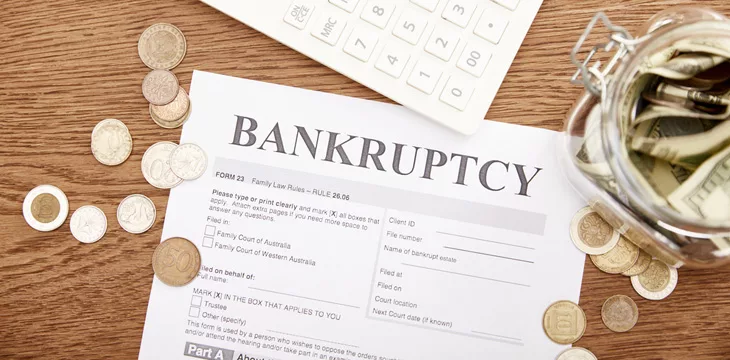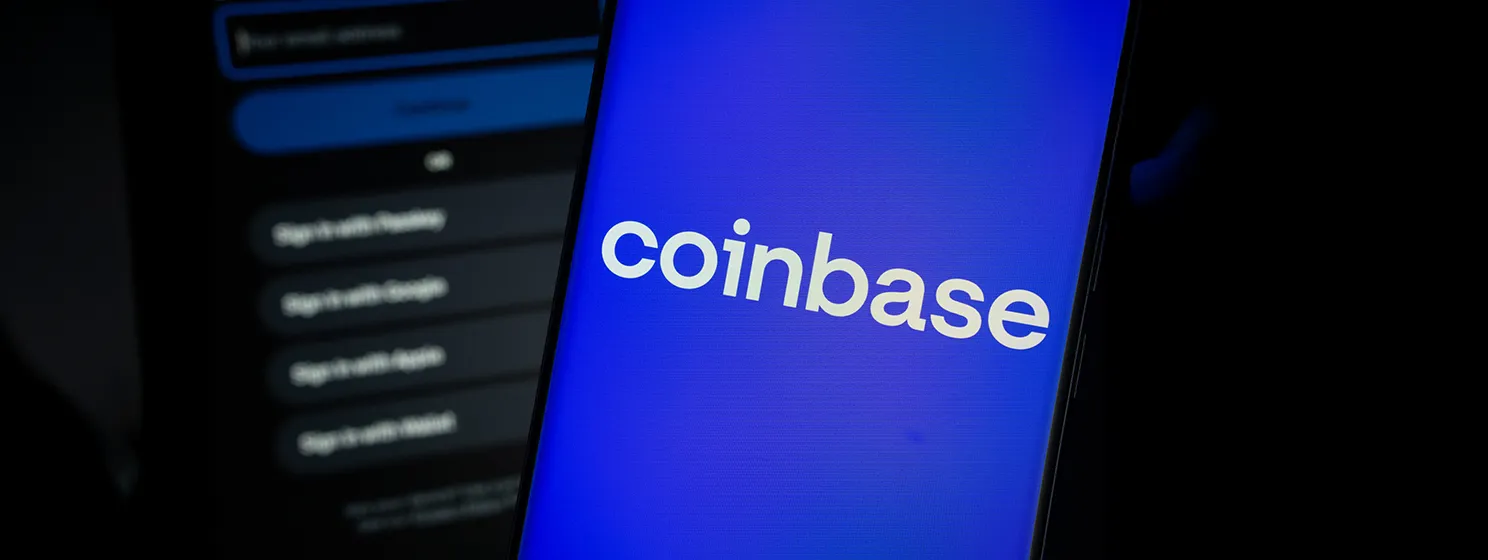|
Getting your Trinity Audio player ready...
|
Digital asset custodian Prime Trust has officially filed for bankruptcy just as U.S. federal deposit insurers warn of the threat that ‘crypto’ poses to the banking sector.
On Monday, the Nevada-based Prime Trust LLC filed a voluntary petition with the U.S. Bankruptcy Court for the District of Delaware seeking Chapter 11 protection. The filing covers not only Prime Trust LLC but also Delaware-based parent company Prime Core Technologies Inc and offshoots Prime IRA LLC and Prime Digital LLC.
Prime Trust lists between 25,000-50,000 unidentified creditors, with the top 50 creditors collectively owed $145 million. The single largest creditor is owed $55 million, followed by another former customer owed $31.7 million.
An entity known as Senior Comfort Corp is listed as a ‘non-debtor’ but “owns 18.52% of Debtor Prime Core Technologies Inc.’s outstanding equity interests.” A Nevada-based firm of that name is listed as 100% owned by Prime Trust’s co-founder Jon Jiles, who also chaired the board of Prime Trust subsidiary Banq (more on this below).
Prime Trust was forced into receivership in June after the Nevada Financial Institutions Division (NFID) found that the company had less than 3% of its customers’ cash on hand. That move followed the NFID ordering Prime Trust to halt its operations in Nevada after determining that the company had failed to safeguard assets under its custody, leaving its financial state at “a critically deficient level.”
A tentative bailout by rival custodian BitGo Holdings quickly fell apart after BitGo CEO Mike Belshe said Prime Trust “were not realistic about the state of their business” when the bailout framework was agreed upon two weeks prior.
The bankruptcy filing also notes that its signatories are “authorized and directed to employ the firm of Galaxy Digital Partners LLC as an investment banker, to represent and assist each Filing Entity in carrying out its duties under the Bankruptcy Code in connection with Chapter 11 Cases, and to take any and all actions to advance each Filing Entity’s rights and obligations.”
Galaxy Digital’s (NASDAQ: BRPHF) prominent role suggests that the Mike Novogratz-led firm may have some connection to the Prime Trust creditor owed $55 million. And as further proof that there are zero degrees of separation in ‘crypto,’ Galaxy Digital was sued last year by Bitgo after the former backed out of a $1.2 billion acquisition deal of the latter.
Another familiar crypto face—M3 Advisory Partners—is cited as Prime Trust’s preferred financial advisor. M3’s name has featured in a number of other crypto bankruptcies, including BlockFi, Celsius, Genesis Global, and Voyager Digital. Tuesday also saw the filing of a notice by lawyers representing the Bittrex exchange requesting to be kept abreast of the situation.
Assets (of a sort)
The bankruptcy filing lists former Bank of Nevada president John Guedry as both Prime Trust’s receiver and the head of a new restructuring committee that will also include John Wilcox and Michael Wyse.
A statement issued Tuesday said Prime Trust continues to manage its businesses as “debtors-in-possession” and is working toward an “orderly evaluation of all strategic alternatives, including potentially a sale of the Company’s assets and operations as a going concern.”
Prime Trust lists assets of $50-100 million and liabilities of $100-500 million. But Prime Trust’s definition of ‘assets’ leaves a lot to be desired. Of the total $69.7 million in digital assets the company held as of late June, only $7.5 million was in the BTC token, while the rest consists largely of small handfuls of various stablecoins.
But 88% ($61.5 million) of Prime Trust’s crypto bags consist of AUDIO, a token used in a little-used decentralized music-streaming protocol (Audius). In fact, Prime Trust’s 323.7 million tokens represent nearly one-third of the total circulating supply of AUDIO.
If Prime Trust’s customers are owed AUDIO, then all is well (relatively speaking). But if Prime Trust was using AUDIO in the same way the FTX exchange used its illiquid in-house FTT token to pad its balance sheet, oh boy.
Prime debacle
Prime Trust’s financial decline took many by surprise, given that it occurred only a year after it raised $107 million via a Series B financing round. But we now know that in 2021 the company lost the private keys to a number of digital wallets containing customer assets, prompting Prime Trust to use other customer assets to fulfill withdrawal requests.
Things unraveled further with the onset of ‘crypto winter’ in early 2022. The incestuous relationships that define this sector led everyone to call in their markers, culminating in last November’s collapse of FTX.
That was swiftly followed by the still unexplained exit of Prime Trust’s then-CEO Tom Pageler, and a major payroll reduction was announced in February. It was later revealed that Prime Trust had served as a conduit/beard for FTX founder Sam Bankman-Fried’s significant political donations with stolen FTX customer funds.
Then came June’s U.S. Securities and Exchange Commission (SEC) civil suit against the Binance.US exchange, which utilized Prime Trust’s services. The SEC sought to freeze Binance.US customer funds to prevent them from being transferred overseas to entities under the control of Binance founder Changpeng ‘CZ’ Zhao. This only accelerated efforts by Prime Trust customers to withdraw their funds, and here we are.
Round and round we go
Monday’s bankruptcy filing was signed by Prime Trust’s interim CEO Jor Law, who stepped into the position following Pageler’s exit. Prime Trust’s original CEO/founder Scott Purcell left the company in 2021 to start Fortress NFT and Planet NFT.
Purcell previously founded another Prime Trust subsidiary called Banq, which issued its own bankruptcy filing shortly before Prime Trust’s woes became public. Banq filed a civil suit last year accusing Purcell of looting Banq of its assets and technology to launch his two new companies.
Before Purcell left Banq, he took out a $3 million loan (at 10% annual interest) in the company’s name from N9 Advisors. That company filed a civil suit against Banq, Prime Trust, and Jiles last year, alleging that Jiles “while wearing two conflicting hats, upturned Banq’s business, leaving that company a shell of its former self.” The suit also accused Prime Trust of “aiding and abetting Jiles’ breaches.”
Honestly, it’s hard to know who to cheer for in this comedy of errors, although one can’t help but recall Ian Holm’s sardonic arms dealer in the movie Lord of War: “Did you ever consider that I wanted both sides to lose?”
FDIC warns of crypto risks
Prime IRA was Prime Trust’s retirement fund product, the idea being that if you gave them your U.S. dollars or rolled over dollars from another Investment Retirement Account, you could trade that cash for digital assets and spend the rest of your time practicing your Scrooge McDuck’ money swimming’ moves. Anyone who took that bait is likely looking at an even longer wait for their Golden Years to arrive.
As if on cue, Monday saw the Federal Deposit Insurance Corporation (FDIC) issue its 2023 Risk Review, the annual summary of key developments and risks in the U.S. banking system. Spanning 2022 through the first quarter of 2023, the review includes a new section focused on “crypto-asset risk.”
The FDIC notes somewhat drily that the digital asset sector “experienced significant market volatility in 2022” and that the “novel and complex risks” that crypto poses to the U.S. banking system “are difficult to fully assess.”
This difficulty is compounded by “increasing interest by some banks to engage in crypto-asset activities.” This year has already seen the failure of California’s Silvergate and New York’s Signature banks, both of which offered 24/7 digital asset settlement rails.
This spring’s Silicon Valley Bank (SVB) implosion nearly wrecked the USDC stablecoin when issuer Circle unwisely left $3 billion worth of USDC’s fiat reserves in a single SVB account. The disaster was only averted when the feds vowed to guarantee all SVB account balances, leaving the would-be financial revolutionaries utterly beholden to the central bankers they claimed to be usurping.
While stressing that banks are “neither prohibited nor discouraged” from accepting digital asset firms as customers, the FDIC notes the “heightened liquidity risks to banking organizations due to the unpredictability of the scale and timing of deposit inflows and outflows” of digital assets.
The FDIC has “developed processes to engage in robust supervisory discussions with banking organizations regarding proposed and existing crypto-asset-related activities.” And in case it needs saying again, no crypto-related bank fraud or terrorist financing, okay?
Watch: Blockchain and banking

 05-11-2025
05-11-2025 





